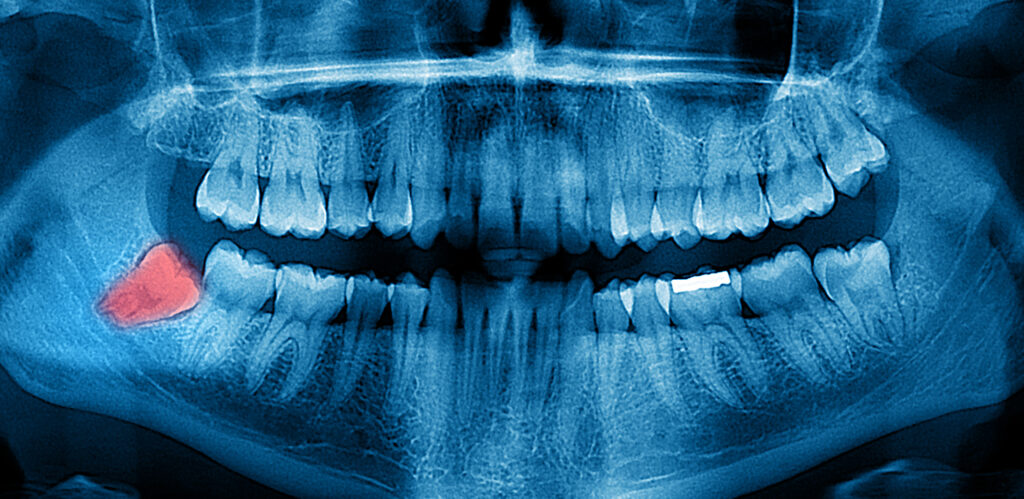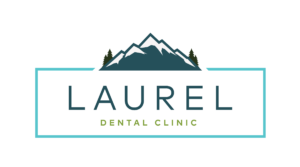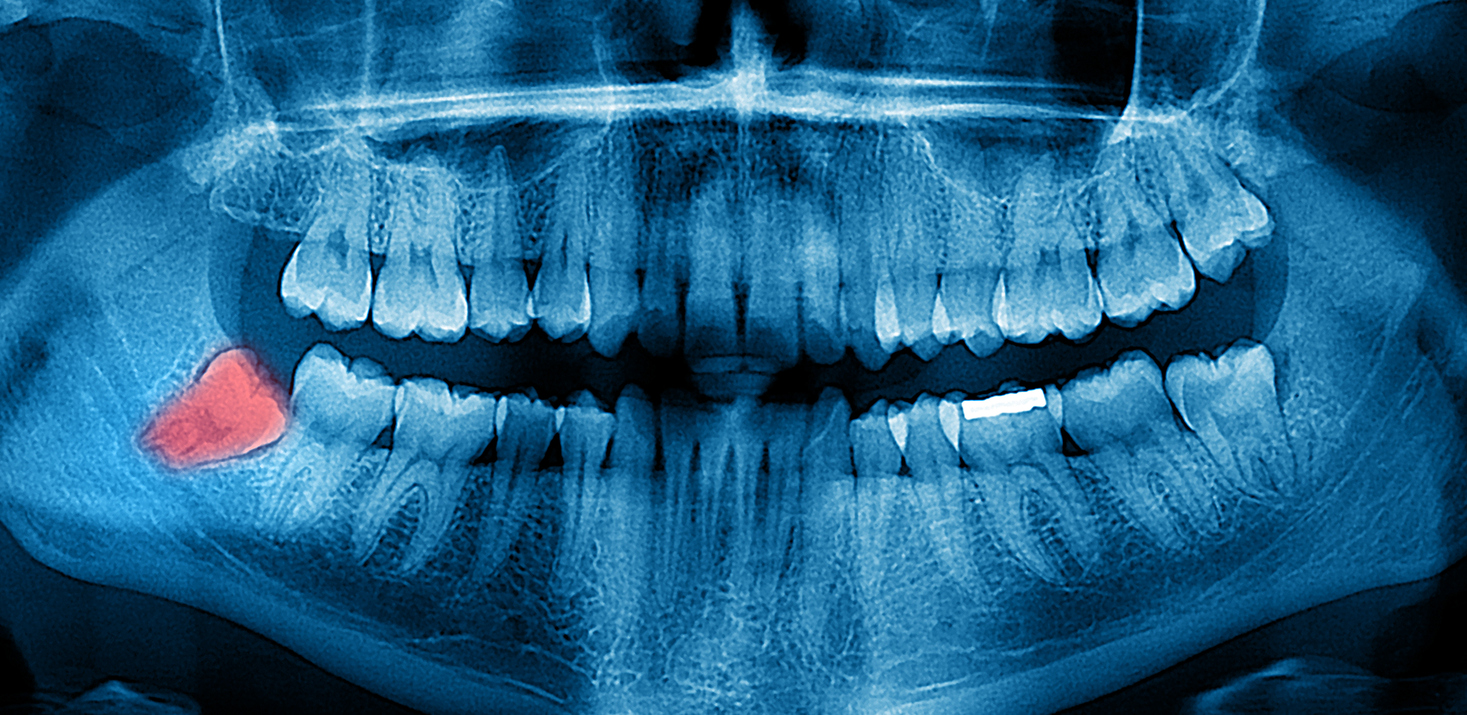Wisdom teeth or third molars are the final set of molars that can begin to erupt around age 17. Some people have wisdom teeth that don’t ever erupt and some are lucky to only have one or two wisdom teeth, not all four. Continue reading to learn the answers to the Top 5 questions we receive regarding wisdom teeth.
1.) When should I get my wisdom teeth removed? 3rd molars erupt between ages 17 and 21 for most people. This is usually an ideal time to have your wisdom teeth removed, whether they are erupting or not. Removing them at this point is easier for the clinician and patient because generally the roots of these molars are not completely formed by this point. This is a great time, but it’s not the only time. We commonly see patients older than this who still have no problem with third molar removal. Risk is determined on a case-by-case basis, and will be discussed with you by your doctor.
2.) Why do I need to remove my wisdom teeth? Most people believe that because they are not having problems or pain, that they do not need their wisdom teeth removed. Although pain makes surgery a more immediate need, there are still many other reasons to remove wisdom teeth.

Pericoronitis (Infection): Often times there is not enough space in the mouth for wisdom teeth to erupt, they can be impacted in the jaw or be tilted or tipped horizontally. If any of these occur, a portion of the tooth can erupt, which creates a hole in the gum tissue. This is a prime location for an infection to begin. Bacteria and food debris can get lodged in this open tissue and a patient has no way of removing it. If the infection is left to continue the patient will begin to see, smell, or taste pus and/or start to have intense pain around the tooth.
Cysts: If wisdom teeth do not erupt a cyst can sometimes develop within the jaw. The sac which the tooth develops in can begin to fill with fluid. As the cyst grows it can begin to damage the jawbone, nerves, and other teeth.
Decay: Wisdom teeth can sometimes erupt without any complications. Many people think having additional teeth can only be a benefit, but this isn’t really true. Third molars are often so far back in our mouths that little to no chewing is ever actually done by them. Their location is also a big risk factor for decay. Many people can’t reach these teeth to clean them properly and end up with cavities that can cause bigger pain and problems in the future.
Periodontal Disease: Similar to decay, because the wisdom teeth are hard to access for patients to clean they can often develop gum disease in these areas.
3.) Will I feel any pain? You will not feel any pain during surgery. Not only will your mouth be numb, but you’ll also be under a form of anesthesia. In some cases, if the patient would prefer, sedation may not be necessary. You will experience some discomfort after surgery when the anesthetic wears off. Ibuprofen and possible pain medication, as well as a warm compress and warm salt water rinses will help to ease any discomfort.
4.) How long is the recovery time after surgery? There are many factors that influence the length of one’s recovery time, including age, how many wisdom teeth, whether or not they were impacted etc. Typically though, patients are back to feeling normal a few days post-surgery, or possibly up to a week after. We try to perform surgeries on Fridays so patients can have the weekend to recover before returning to work. Your doctor will also recommend a soft food diet for a given length of time. Recovery and pain tolerance are different for every patient, but most commonly patients returning for the post-op appointment reporting that the first and second days following were the most uncomfortable.
5.) Will I be “put out”/ Will I remember the surgery? You will not be completely unconscious. We use an intravenous sedation not a general anesthesia. You will still be able to respond and you will be breathing on your own. Most people feel as if they fell asleep, and many actually do. You will likely not remember any part of the surgery and will only feel like you were asleep for a few minutes even though appointments are typically 1 1/2 hours in length.
At Laurel Dental Clinic we are very fortunate to collaborate with Dr. Beeler, DMD for a wisdom tooth removal. He performs surgeries once a month in the comfort of our office. If you have further questions regarding wisdom tooth extraction, please feel free to contact us! You can also schedule a free consultation with Dr. Beeler to discuss your options and determine whether or not your wisdom teeth should be extracted.
References
http://www.colgate.com/en/us/oc/oral-health/conditions/wisdom-teeth
http://www.mouthhealthy.org/en/az-topics/w/wisdom-teeth
http://www.colgate.com/en/us/oc/oral-health/conditions/wisdom-teeth/article/what-is-the-recovery-time-after-wisdom-teeth-removal-0913
http://www.mayoclinic.org/diseases-conditions/wisdom-teeth/basics/complications/con-20026676

